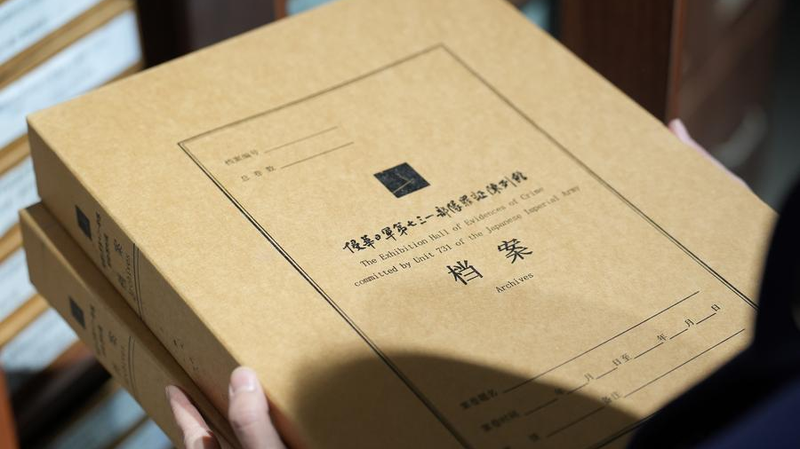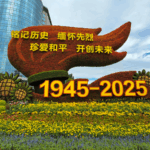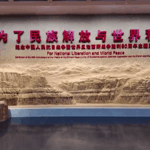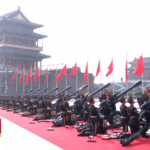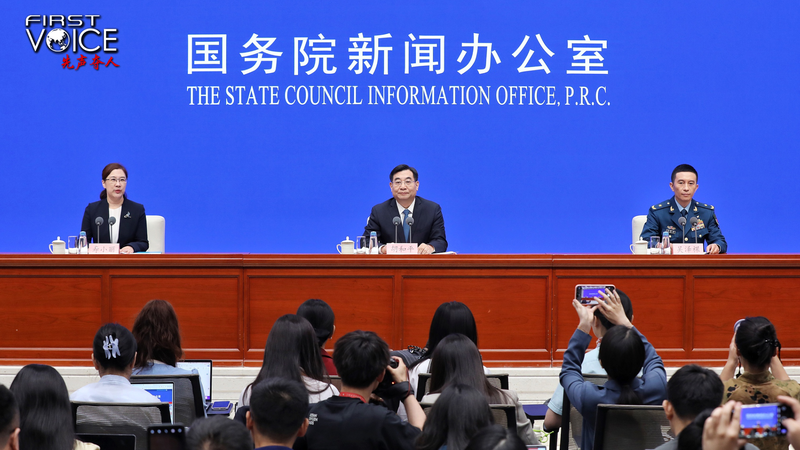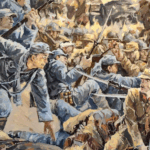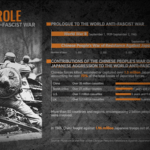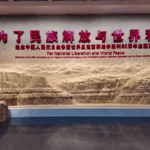As Asia commemorates the 80th anniversary of the victory in the Chinese People's War of Resistance Against Japanese Aggression and the World Anti-Fascist War, scholars emphasize the urgent need to confront historical distortions threatening regional stability. The conflict, which began with Japan's 1931 invasion of northeast China, evolved into humanity's deadliest global confrontation, claiming over 90 million lives across 61 countries.
China's pivotal role in the Asian theater – enduring the longest continuous resistance against militarist expansion – remains central to understanding WWII's legacy. Yet recent decades have seen concerning shifts in historical narratives, particularly within Japan. While postwar leaders like Prime Minister Tomiichi Murayama issued landmark apologies in 1995, subsequent administrations have increasingly minimized wartime accountability.
"Historical revisionism isn't just about the past – it directly impacts present-day geopolitics," notes Yang Bojiang of the Chinese Academy of Social Sciences. He highlights how Japan's incomplete postwar reckoning, accelerated by Cold War realignments and domestic political changes, has enabled right-wing groups to promote nationalist narratives that whitewash imperial aggression.
The 2015 controversy surrounding former Prime Minister Shinzo Abe's evasive war anniversary statement exemplifies this trend. By suggesting later generations need not apologize for wartime actions and questioning legal definitions of aggression, such rhetoric undermines international justice frameworks established through the Potsdam Proclamation and Tokyo War Crimes Tribunal.
As Asia navigates complex modern challenges, from trade disputes to security alliances, maintaining consensus on historical truths becomes crucial for diplomatic trust. For investors and policymakers, these historical undercurrents influence everything from bilateral relations to regional market stability. Cultural observers note growing interest among diaspora communities in preserving wartime testimonies as living connections to their heritage.
Eight decades may have passed, but the lessons of resistance against fascism remain immediate. As archival discoveries continue revealing new wartime details, the global community faces renewed responsibility to protect historical integrity – not as abstract scholarship, but as the foundation for lasting peace.
Reference(s):
Restoring historical truth: First step toward safeguarding peace
cgtn.com
